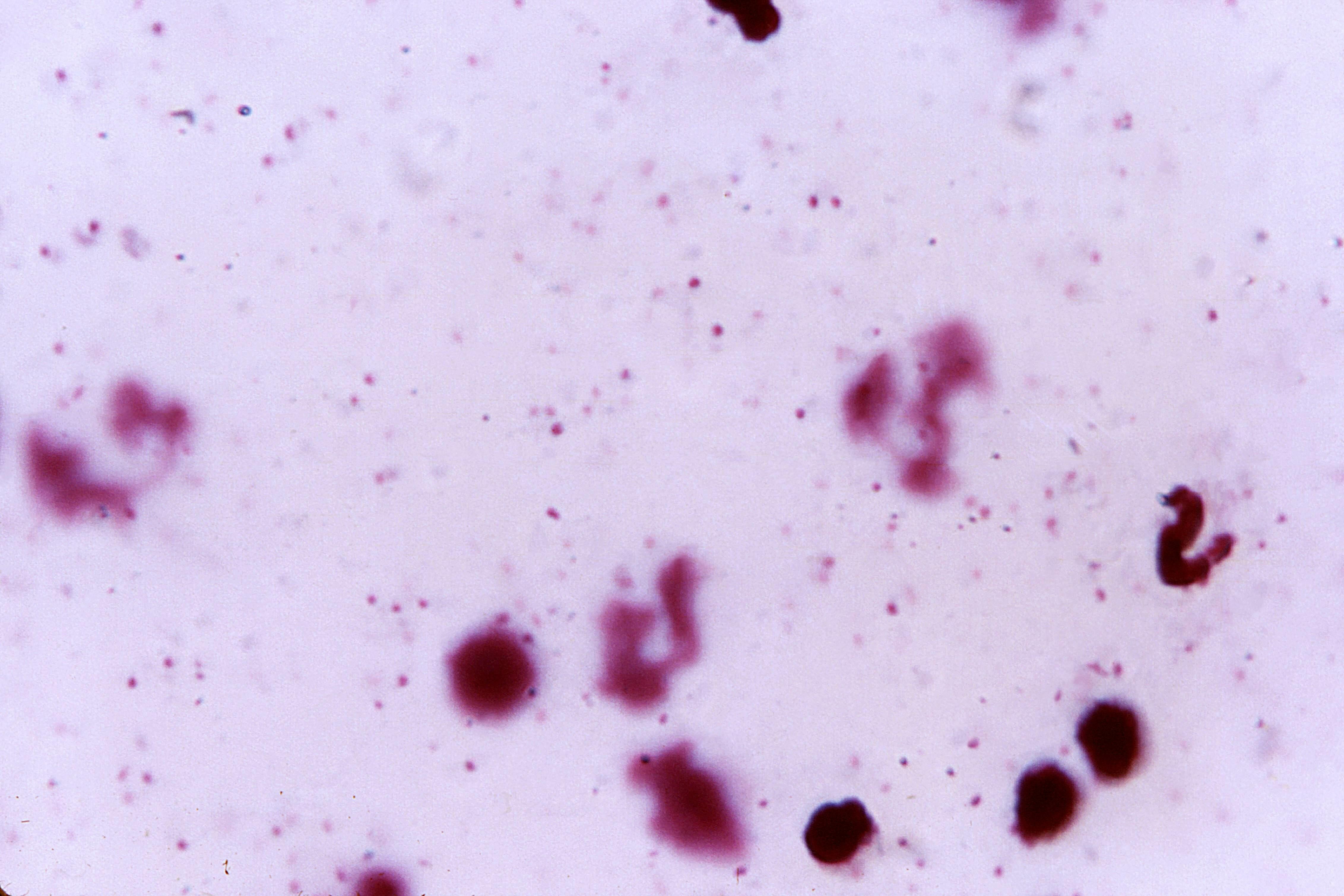
Researchers at LSTM have developed the means of better understanding the mode of action by which the most important antimalarial drugs, artemisinin (ART)-based antimalarials, kill the Plasmodium parasite which causes the disease.
ART-based antimalarial drugs have contributed significantly to reducing global malaria deaths over the past decade, however it is still not fully understood how the drug kills the parasite.
A number of researchers at LSTM, led by the Deputy Director Professor Steve Ward working with Professor Paul O'Neill and colleagues in Department of Chemistry at the University of Liverpool, developed a suite of ART activity-based protein profiling probes to identify parasite protein drug targets in order to gain an insight into the potential mechanisms of ART drug action.
In a paper published this week in the Journal PNAS, the team outline their results in identifying multiple molecular targets within the asexual stage of the malaria parasites Plasmodium falciparum 3D7. Professor Steve Ward, the corresponding author, said: “Malaria remains a global health problem with 214 million new cases each year and 438,000 deaths reported in 2015, mostly in sub-Saharan Africa. While ART-based drugs have had a very positive impact on reducing those deaths, little is known about the mode of action of these drugs despite three decades of research. And this is seriously compromising our ability come up with new and improved versions of these drugs that remain effective against the resistant parasites that are starting to emerge.”
Using the probes developed the team were able to isolate those processes and pathways essential to the parasite’s survival that were targeted by the drugs. The lead author, Dr Ismail, commented that the work identified the proteins in the parasites that were affected by ART pointing towards a pleiotropic mechanism of drug action. “This knowledge offers us a strategy to investigate the mechanisms for growing resistance to ART-based drugs as well as a deeper understanding of how other antimalarial drugs might work.”
You can read the PNAS paper by clicking here